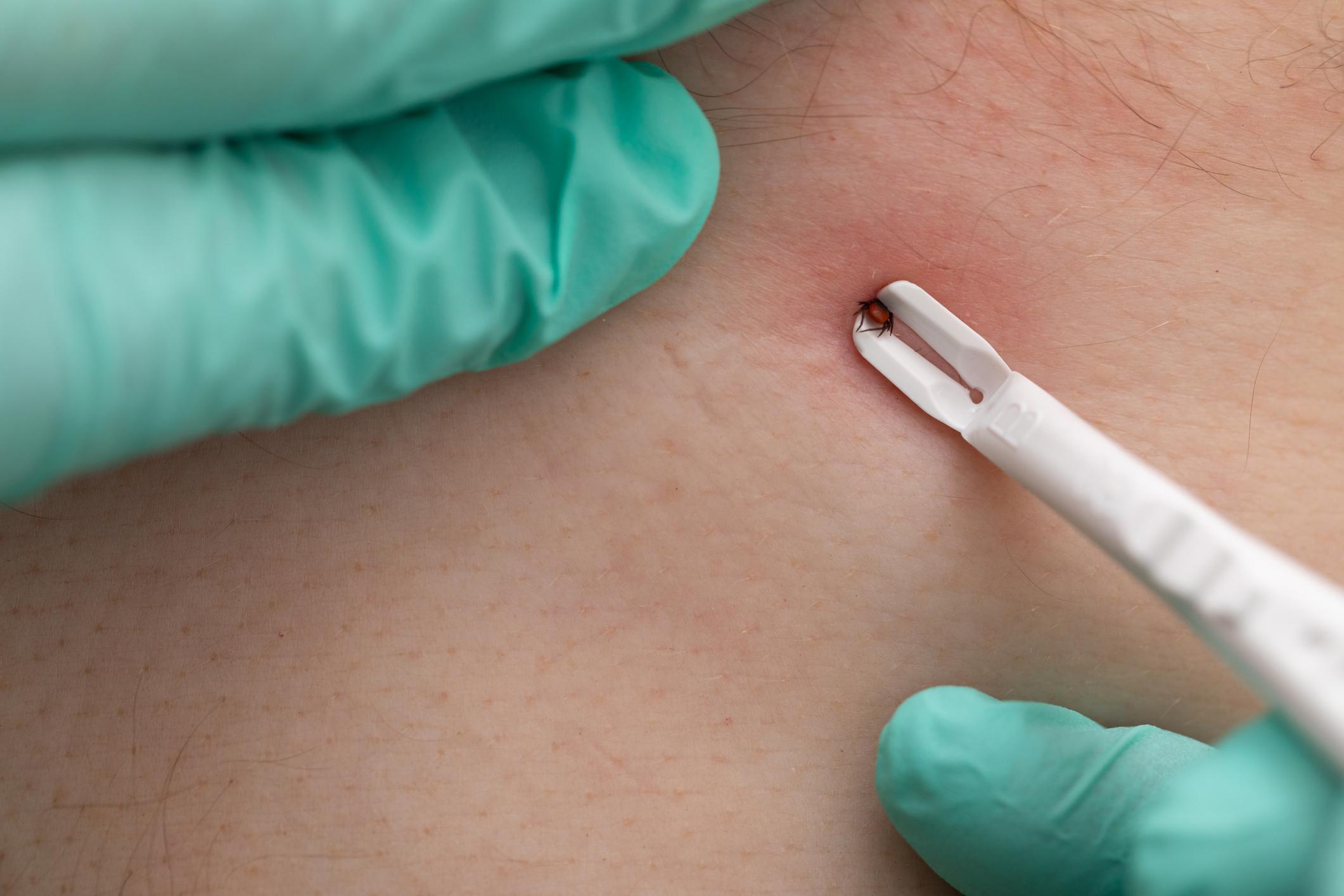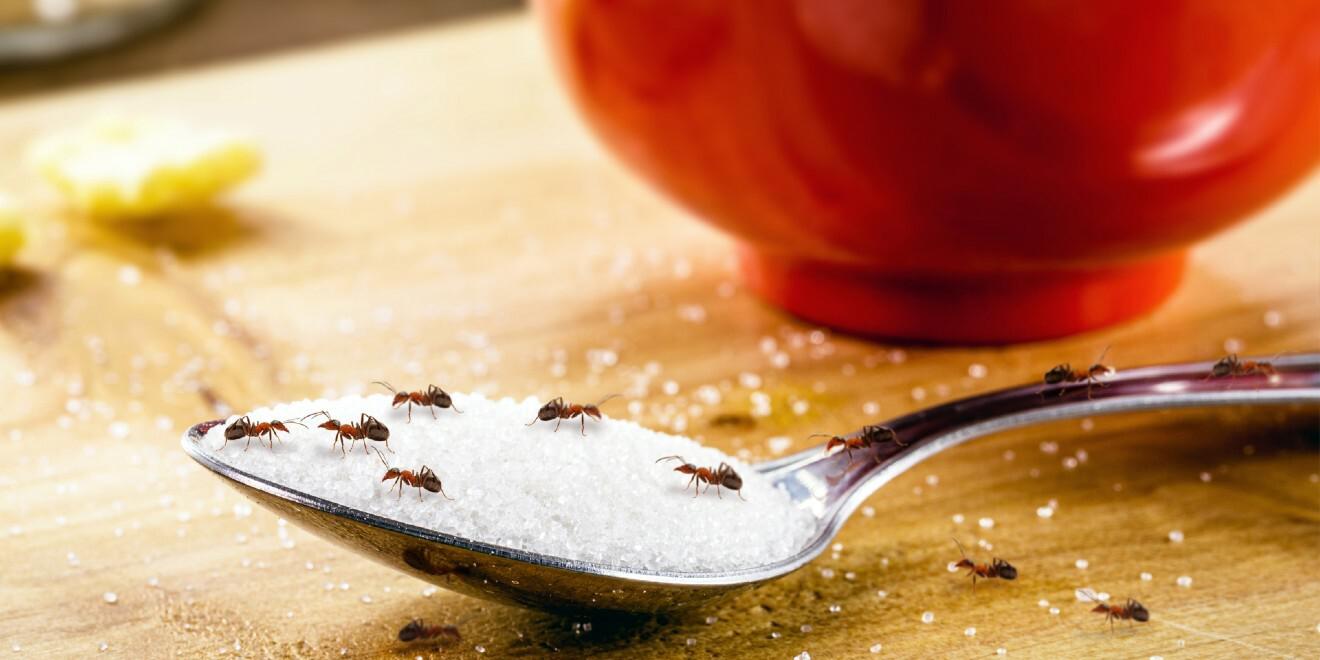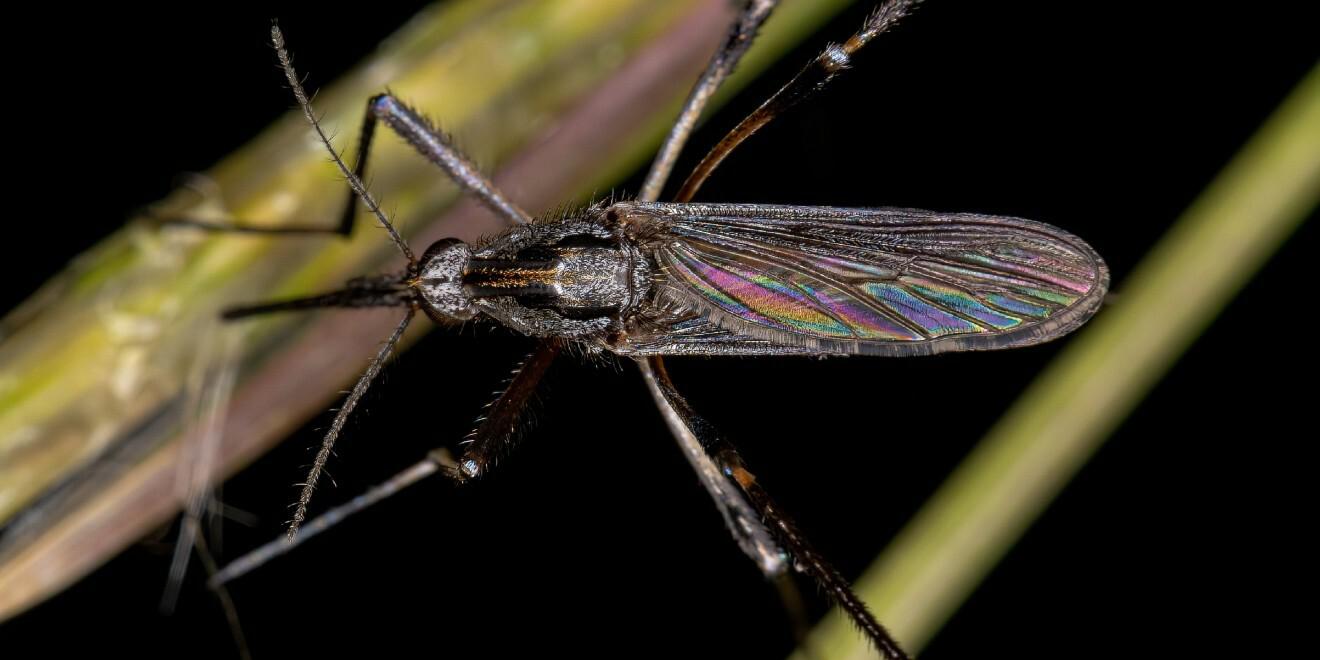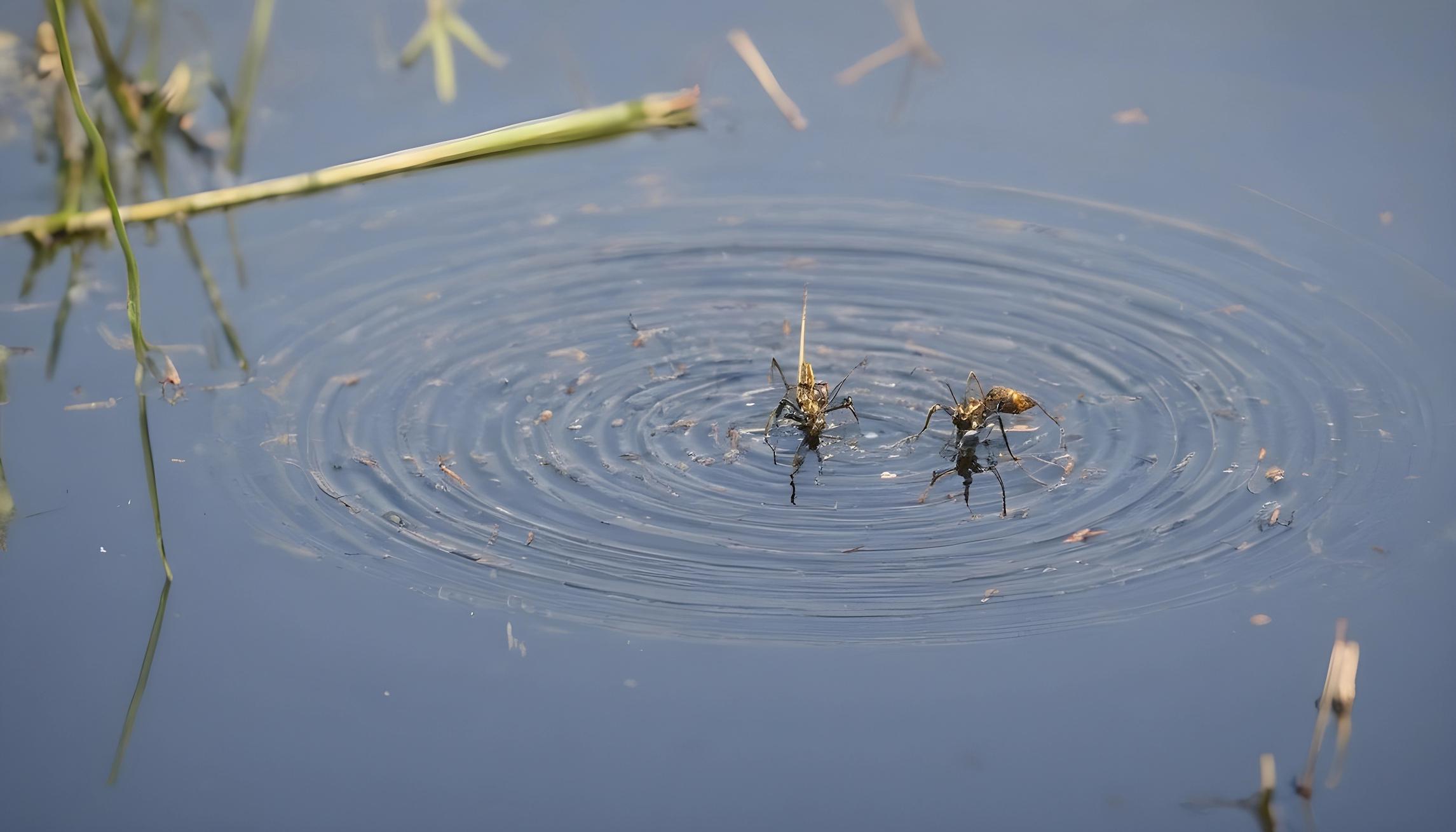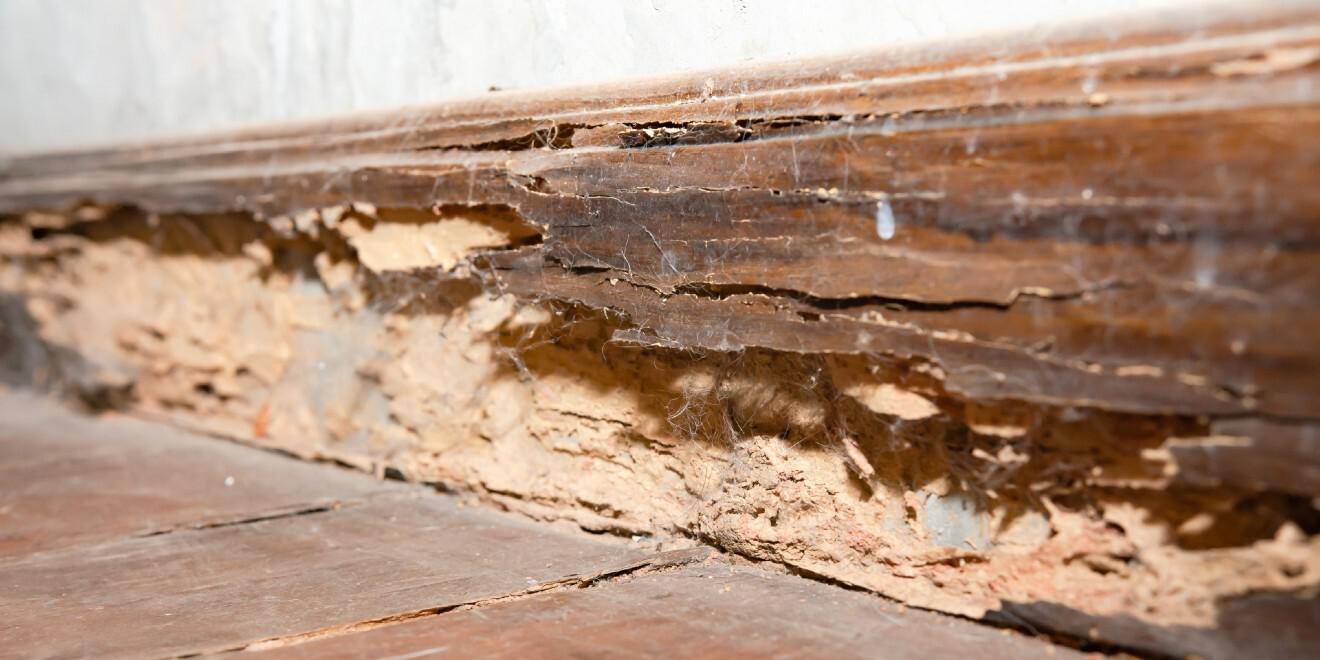Why You Should Schedule Your Fall Tick Treatment Today
Posted by Mosquito Squad
September 22, 2017
Many Boston-area residents assume since cooler days are in the forecast and summer has ended the dangers associated with mosquitoes and ticks has ended as well. Mosquito Squad of Boston Metro South wants you to know it is still important to keep your property protected because mosquitoes and ticks are still active throughout the fall.
While mosquitoes will become less active as temperatures dip below 50-degrees for extended periods, fall is a crucial period for tick activity! Some tick species go into a dormant state in the fall, but NOT deer ticks. Not everyone who gets bitten by a tick gets sick, but if you do, it can lead to a serious problem because some tick-borne illnesses offer no current treatment.
Deer ticks, in particular, are responsible for the spread of Lyme Disease, Babesiosis, Ehrlichiosis, Anaplasmosis and Powassan Virus. The bite of a Deer tick can in some cases lead to the transmission of two(2) tick-borne illnesses from the same bite. This is referred to as a comorbid tick-borne illness and is common with Lyme Disease and Babesiosis, and Lyme Disease and Ehrlichiosis comorbidity combinations. Ehrlichiosis and Anaplasmosis are two closely related tick-borne diseases, although they are caused by different germs.
The first hard frost does not kill the Deer tick, according to the University of Rhode Island’s Tick Encounter Resource Center, the adult stage deer tick actually begins its feeding activity about the time of first frost and it will latch onto any larger host (cat to human) any day that the temperature is above freezing. That’s right, adult deer ticks will feed until the ground is frozen or covered in snow.
Those of us who like to spend time in our yards in the fall must take measures to rid it of the dangers and discomfort of ticks. Mosquito Squad of Boston Metro South can help with this. We will treat your yard by targeting those specific areas where ticks harbor and breed, like brush, wood piles, tall grass and under decks. For those who want a more intensive tick treatment, who also offer Tick Tubes. For long-term protection, we deploy tick tubes twice a year (spring & fall). This approach is made to work with the tick’s natural life cycle, our tick tubes eliminate tomorrow’s generation of ticks today.
What are tick tubes?
Tick tubes are biodegradable cardboard tubes filled with insecticide-treated cotton, mice will take the cotton to their dens for nesting material. When larval and nymph ticks enter the den on the mice, they are eliminated on contact.
How do tick tubes work?
Tick tubes work by breaking the tick’s life cycle. Taking precautions to control the ticks this season will not only help control this season’s ticks it will also bring the numbers down for next year’s tick season as well. The tubes are lethal to ticks but safe for mammals such as mice, dogs, and us. Plus the mice get a little help in return “feathering” their nests. Using tick tubes properly can reduce your risk of coming into contact with a tick on your property by up to 90% or more.
The best defense against ticks is using tick tubes in conjunction with barrier sprays. This is the best weapon to fight all ticks this season and into next season. We will target the specific areas of your yard where ticks harbor and breed, like brush and wood piles, tall grass and under decks. Contact Mosquito Squad of Boston Metro South today at (781) 471-5793 learn more and schedule your fall tick treatment.
Mosquito Squad of Boston Metro South serves: Abington, Avon, Braintree, Brockton (02301), Canton, Cohasset, Dorchester (02124), Hingham, Holbrook, Hull, Hyde Park, Mattapan, Milton, Quincy, Randolph, Weymouth and Wollaston










